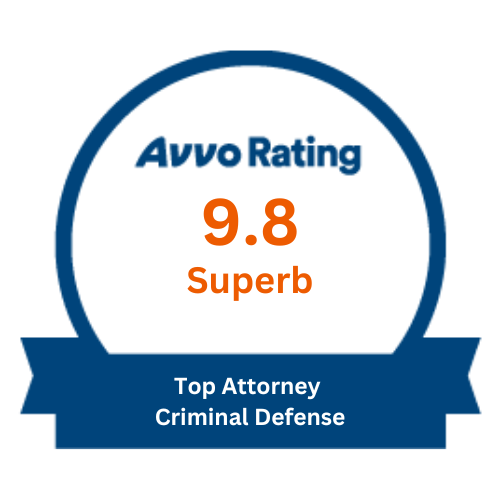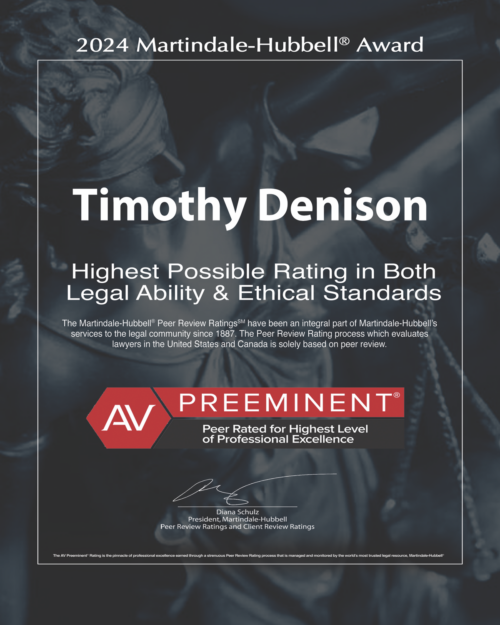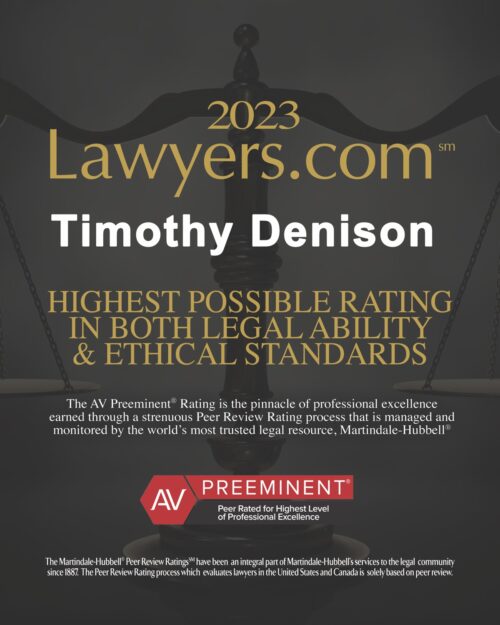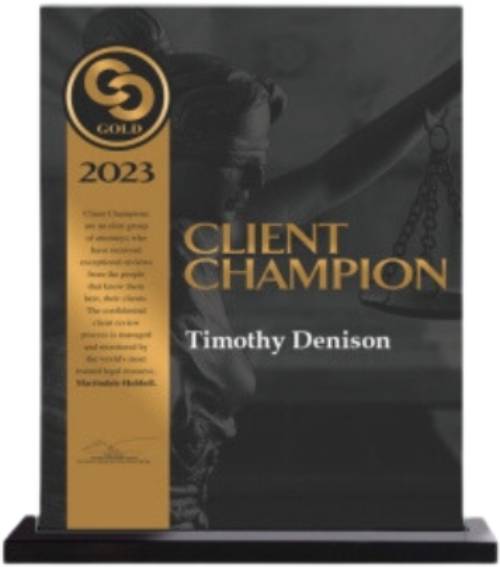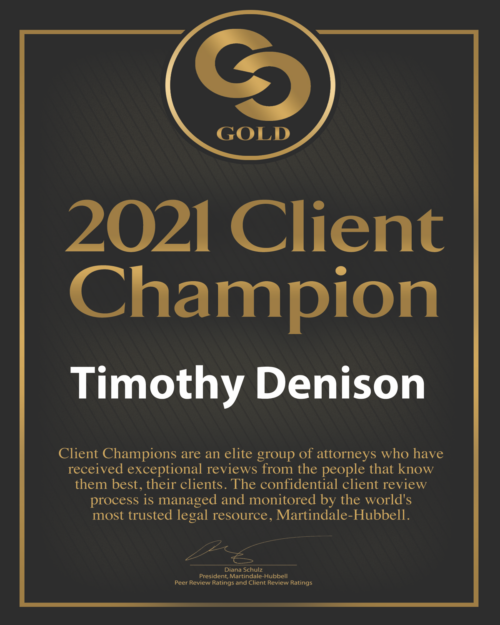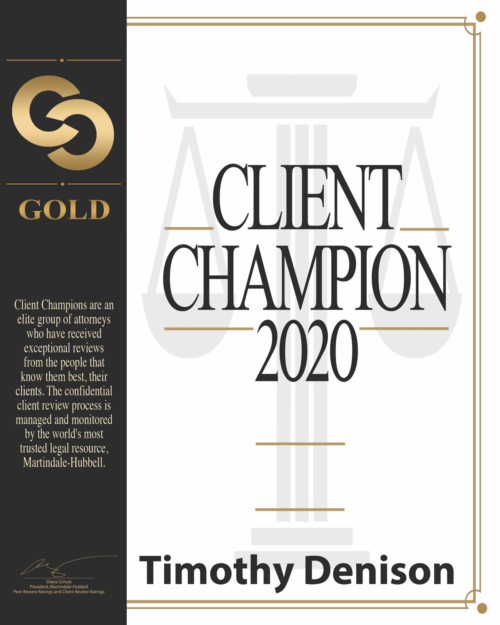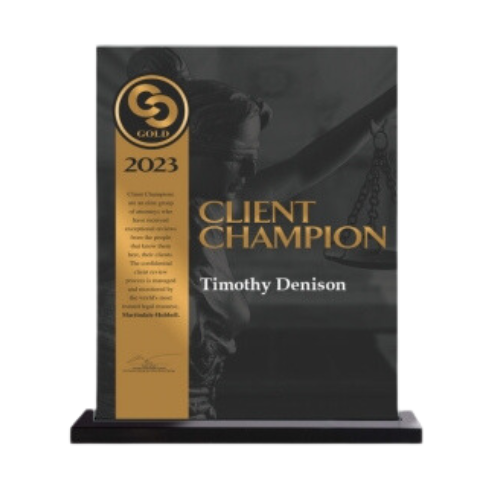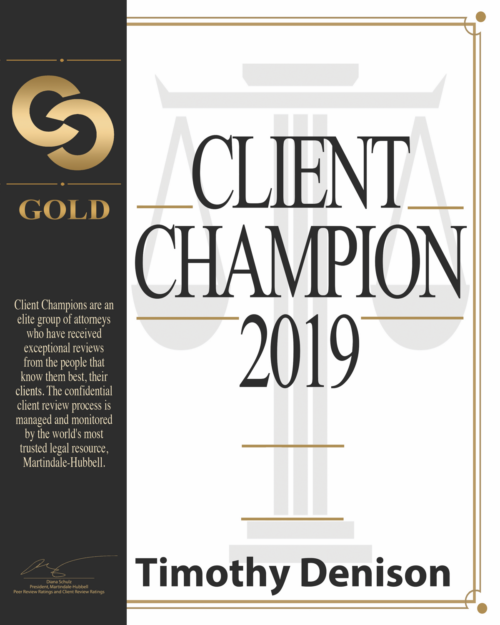Heroin Resurgence in Kentucky
There is currently a heroin resurgence in Kentucky. Heroin is currently the hottest illegal drug in the country and is making a comeback from its’ heyday in the 1970’s. While forty (40) years ago, heroin was more expensive and more difficult to obtain than certain other drugs of that era, the modern day heroin is cheap and easy to manufacture and obtain. Heroin (or diacetylmorphine or morphine diacetate), known on the street as H, smack, black tar, horse and boy, is an opiod analgesic with morphine added to it.
While highly addictive, illegal heroin can be obtained in freebase form, which essentially appears as an off-white powder. Historically, heroin was generally taken through a syringe by the use, although heroin has a very low boiling point which also allows users to smoke using various devices such as pipes, hookahs, etc. Heroin has always been prevalent in Afghanistan, although the current tide of heroin into the United States seems to be directly from Mexico.
There are many adverse effects of heroin use, including but not limited to, dependence, constipation, contracting HIV or hepatitis through the use of shared needles, contracting bacterial or fungal infections as well as venous sclerosis, abscesses of the body, potential poisoning from contaminants or unclean substances which are often mixed with pure heroin the “cut” or increase the quantity of heroin available due to such a mixture.
Both the state and federal courts are overrun with cases dealing with heroin resurgence today. Cocaine and even methamphetamine trafficking are beginning to fall behind as more and more heroin is brought into our country. The heroin is essentially distributed into our cities and communities using the already existing distribution systems and networks used to distribute other illegal drugs.
The prosecution and defense of a possession or trafficking in heroin case is very similar to the prosecution of other illicit drugs. Usually the police obtain information from a confidential informant, someone they have “pinched” or arrested in the past. They take the informant’s information, wring all the pertinent facts out of him or her, sometimes do their own independent investigation (sometimes not), then either initiate a traffic stop, a “knock and talk” or obtain a search warrant for the premises occupied by the suspect. Depending on the type and amount of drugs found, either on the person of the suspect, in his car, or on the premises that have been searched, the detectives then attempt to interview the suspect and obtain a statement or confession. Should you find yourself in similar circumstances, you should exercise your right to remain silent and say nothing until you have hired and consulted with a criminal defense attorney, most of whom can adequately advise you of your options once they’ve heard your story.
One very good option for a person caught with heroin and who has no prior felony convictions is pre-trial diversion. Pre-trial diversion is a program, usually supervised by Probation and Parole, which monitors the suspect and his actions for a set period of time, often five years. During this time, the suspect is usually placed in drug treatment or Drug Court as a condition of the diversion, to help him or her deal with their addiction. If, at the end of the diversion period, the Defendant has met all the requirements of the program and has received no new criminal charges during the diversion period, the Court can and will set aside the plea of guilty and dismiss the case, thereby making it possible to pursue an expungement, sixty (60) days after the dismissal of the case.
With the heroin resurgence, use and addiction both on the rise due to the highly addictive propensities of the drug, it is likely we will see pre-trial diversion being used more and more frequently to resolve drug cases, especially where the offender is a first timer or has no prior criminal record or felony conviction. The drug treatment for heroin, as well as the more intensive Drug Court, is surely to become more effective tools in aiding our ability to stem and even turn the tide of heroin use and abuse. While of course abstinence is by far the best policy, heroin addictions are treatable not only by treatment providers but offer a legal means of resolution to may not destroy a person’s life.


